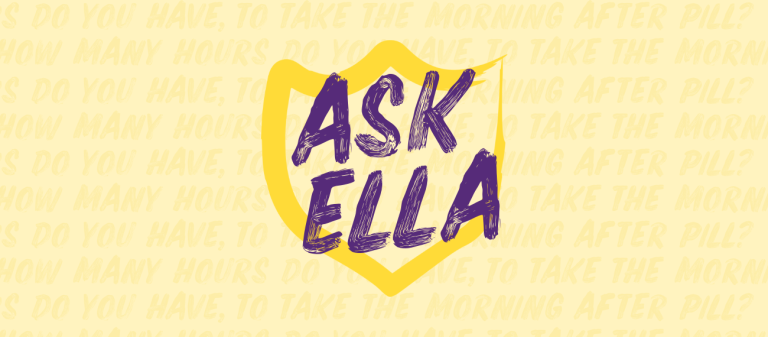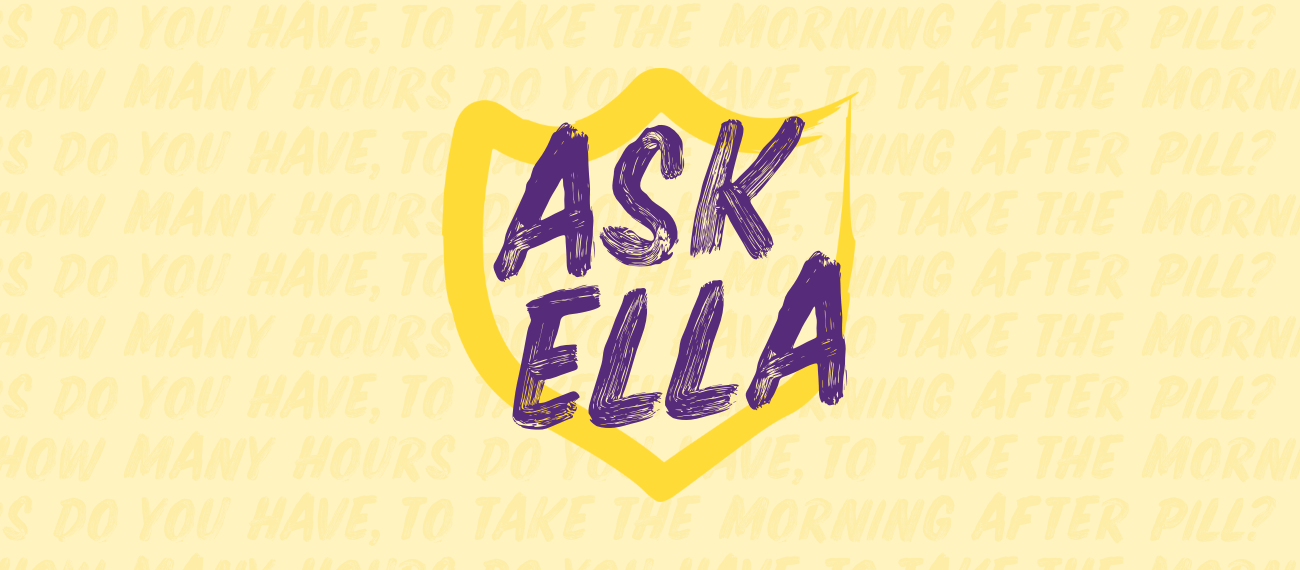How many hours do you have to take the morning after pill?
If you’ve had unprotected sex or experienced a contraceptive failure (like the condom breaking or missing your pill), you might be thinking about taking emergency contraception to help prevent unplanned pregnancy.
One of the questions that might be running through your mind is “how many hours after sex can I take the morning after pill and it still be effective?”
The name ‘morning after pill’ is a little misleading, because what if you had sex in the morning? Do you have to wait until the next day to take hormonal emergency contraception? Why do people say the morning after pill is most effective when taken as soon as possible? And how does it even work?
We don’t want you to feel overwhelmed or confused. We want to provide you with easy to digest information so you can feel empowered to make decisions about your body that work for you. Read on to find out more.
How long do you have to take the morning after pill?
The answer to this question depends on which morning after pill you are taking. There are two different types of morning after pill available in the UK: emergency contraceptive pills containing levonorgestrel, and emergency contraceptive pills containing ulipristal acetate. Find out more about how ulipristal acetate works here.
ellaOne® is the most effective morning after pill* and it contains the active ingredient ulipristal acetate. ellaOne® can be effective when taken up to 120 hours (five days) after unprotected sex or contraceptive failure, although it is most effective when taken ASAP – ideally within 24 hours of unprotected sex.
Morning after pills containing levonorgestrel are effective up to 72 hours (3 days) after unprotected sex. Levonorgestrel is also most effective when taken ASAP.
Morning after pill time frame
Why are morning after pills more effective when taken as soon as possible? To answer this, we need to delve a little bit into how hormonal emergency contraception works.
Morning after pills help prevent pregnancy by delaying ovulation, i.e. the release of an egg. Once released, the egg is viable for 12-24 hours, after which it will dissolve. Sperm can live inside the body for up to five days, so delaying the egg release means they will have nothing to fertilise and will die off before ovulation occurs. ellaOne® has also been found to be effective at delaying ovulation right before ovulation was due to occur.
The morning after pill only works by delaying ovulation. It cannot interrupt an existing pregnancy, prevent implantation or cause an abortion. If you have already ovulated, the morning after pill won’t be effective.
The exact timing of ovulation is really hard to predict. Even though we have apps and information available to help us track our menstrual cycles, what happens within that cycle can still vary from month to month and from person to person.
You may not ovulate at the exact same time every month, and various factors like stress, changes in sleeping patterns and diet can affect when you ovulate as well. This means that it’s still a good idea to take hormonal emergency contraception as soon as possible after unprotected sex, so you have a better chance of taking it before ovulation occurs.
What if I have unprotected sex when I’m not ovulating? Should I still take emergency contraception?
It is true that women and people with uteruses are not fertile throughout the entire month. A ‘normal’ menstrual cycle can vary from 21 to 40 days, and you would typically ovulate around halfway through your cycle. If you have unprotected sex at a time which isn’t close to ovulation, you’re unlikely to get pregnant unless you have a really short cycle.
It is important to reiterate, however, that sperm can live in the body for up to five days, so even if you have unprotected sex at a time when you’re not ovulating, there is a chance you could still get pregnant if there is any sperm still around when you do ovulate. Although it’s unlikely, some people may ovulate soon after their period, which means they could potentially get pregnant during their period. Find out more about whether each day of your cycle carries some risk of pregnancy.
As we discussed above, it’s really hard to tell exactly when you will ovulate, and it may not be the same every month. Various factors like stress, sleep schedule and changes in diet can influence when you ovulate, which is why we recommend taking emergency contraception to help prevent pregnancy even if you don’t think you’re in your fertile window. This may be something you could discuss with your pharmacist, doctor or sexual health nurse if you have any questions or concerns.
Can I take two morning after pills in 24 hours?
The morning after pill is recommended for emergency use, and should not be used in place of regular contraceptive methods like contraceptive pills or condoms. The morning after pill is for single use only, so it will only help prevent a single incident of unprotected sex.
If you do have unprotected sex twice in the same cycle, you should speak to your pharmacist or doctor about your options. You should not take two morning after pills in 24 hours, and doing so would not increase your chances of preventing pregnancy. Find out more about how often you can take the morning after pill.
Remember that taking the morning after pill is nothing to be ashamed of or embarrassed about. People have sex and sometimes accidents happen. We hope that this article has equipped you with more knowledge to help you make informed decisions.
Did you know you can buy ellaOne® online?
*Verify at ellaone.co.uk/verify
ellaOne® 30mg film-coated tablet contains ulipristal acetate and is indicated for emergency contraception within 120 hours (5 days) of unprotected sexual intercourse or contraceptive failure. Always read the label.




